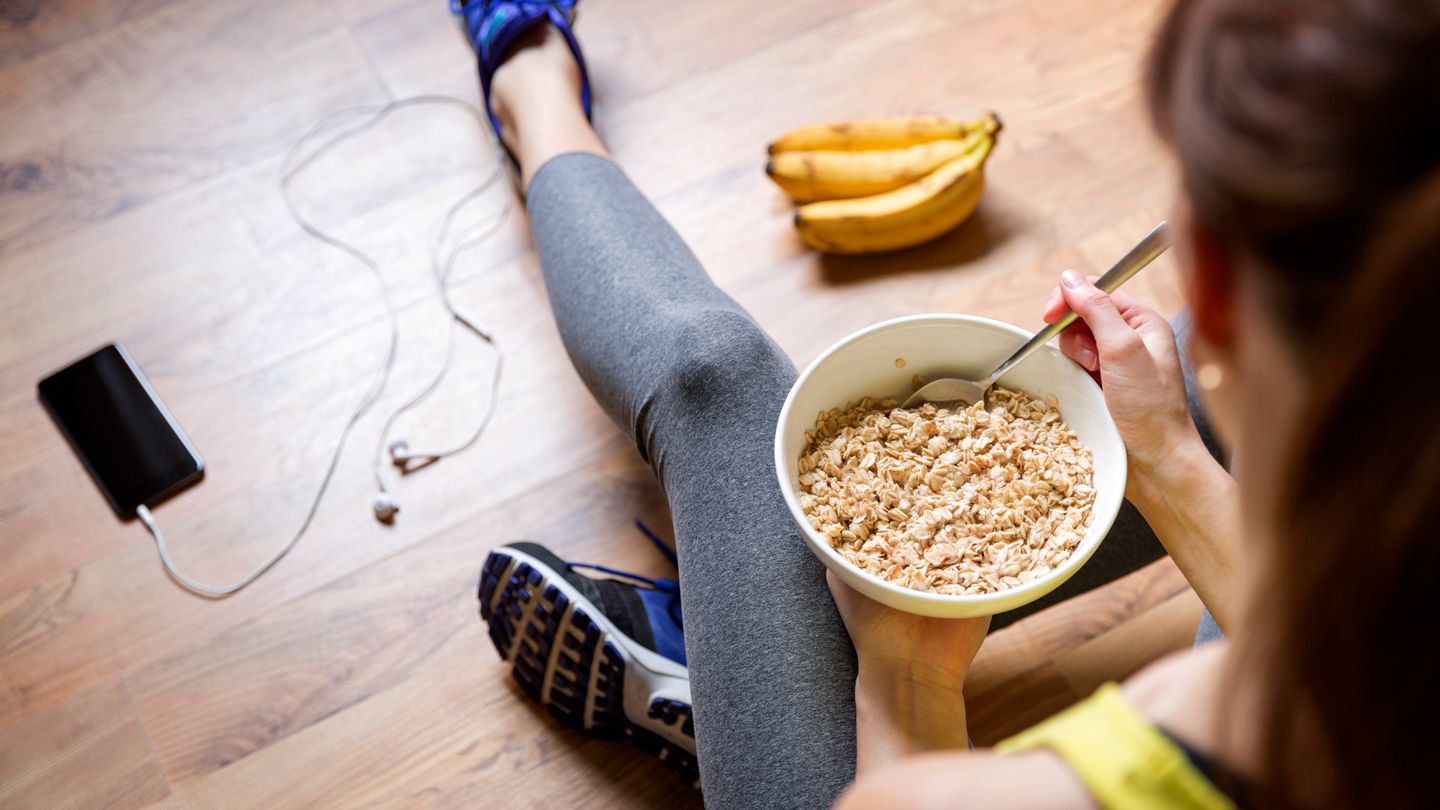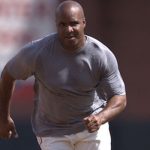Waiting 1-2 hours after eating is sufficient before working out, but endurance athletes may need to wait longer or incorporate fast-digesting carbs during longer workouts. When it comes to timing your workout after eating, most people should wait 1-2 hours after a meal and at least 30 minutes after a snack to avoid side effects.
However, endurance athletes may need to wait longer and consider incorporating fast-digesting carbohydrates during workouts lasting more than 1 hour. This article will explore the recommended wait time and factors to consider when timing your workout after eating. By understanding how your body digests and utilizes food as fuel, you can optimize your workout performance and avoid any discomfort or adverse effects.

The Importance Of Timing
Timing your workout can have a significant impact on your performance and overall health. Exercising immediately after eating can have negative effects on your body, such as digestive issues and discomfort. It is generally recommended to wait 1-2 hours after a meal before exercising to allow your body to digest the food properly.
This ensures that your blood flow is directed towards your muscles, rather than your digestive system. However, if you have a snack, waiting at least 30 minutes is sufficient. Endurance athletes may need to wait longer and incorporate fast-digesting carbs during workouts lasting over 1 hour.
By timing your workouts correctly, you can optimize your energy levels, prevent discomfort, and maximize the benefits of your exercise routine.
Factors To Consider
Waiting to workout after eating is an important consideration, and several factors come into play. One factor is the type of food consumed and its digestion time. Different foods take varying amounts of time to digest, so it’s crucial to account for this.
Another factor to consider is the intensity and duration of your workout. Higher intensity exercises may require a longer wait time after eating, as they can put more strain on your digestive system. Additionally, personal preferences and comfort level play a role.
Some individuals may feel discomfort or experience digestive issues if they exercise too soon after eating. It’s essential to listen to your body and wait until you feel ready to engage in physical activity after a meal or snack. Remember, there’s no one-size-fits-all answer, so it’s vital to find what works best for you.
Timing Recommendations
Timing Recommendations For a pre-workout meal, wait 1-2 hours after eating to exercise. After a snack, wait at least 30 minutes. Endurance athletes may need more time before workouts lasting over 1 hour. Adjusting meal timing is key for specific goals like weight loss, muscle gain, and endurance training.
When it’s been about 3-4 hours since your last meal, your body is more likely to burn fat for fuel during exercise. Timing your meals and snacks strategically can optimize your workout performance and help you achieve your fitness goals.
Remember to listen to your body and make adjustments based on how you feel before, during, and after your workouts.
Frequently Asked Questions
Can I Workout 1 Hour After Eating?
Wait 1–2 hours after a meal and 30 minutes after a snack before working out to avoid side effects.
Is It Better To Work Out Before Or After Dinner?
It is better to work out before dinner because your body can burn fat for fuel more effectively.
Should I Eat Before Or After Workout To Lose Weight?
To lose weight, it is better to eat before a workout.
What Should I Eat 30 Minutes Before A Workout?
It is recommended to eat a light, balanced meal or snack 30 minutes before a workout.
Conclusion
To optimize your workout performance and avoid uncomfortable side effects, timing your meals and snacks is crucial. Generally, waiting 1–2 hours after a meal and at least 30 minutes after a snack before exercising is recommended. This allows your body to digest and absorb the nutrients efficiently, preventing discomfort and potential stomach issues.
Endurance sports athletes may need to wait longer and consider incorporating fast-digesting carbs during workouts lasting over an hour. By exercising after a couple of hours since your last meal, your body is more likely to burn fat instead of using the recently consumed calories for fuel.
Remember that finding the right timing for your workouts may require some trial and error, as individual responses to food and exercise can vary. Consulting with a healthcare professional or registered dietitian can provide personalized guidance based on your specific needs and goals.
Focus on finding a routine that works best for you, allowing you to perform at your peak while enjoying the benefits of exercise.





